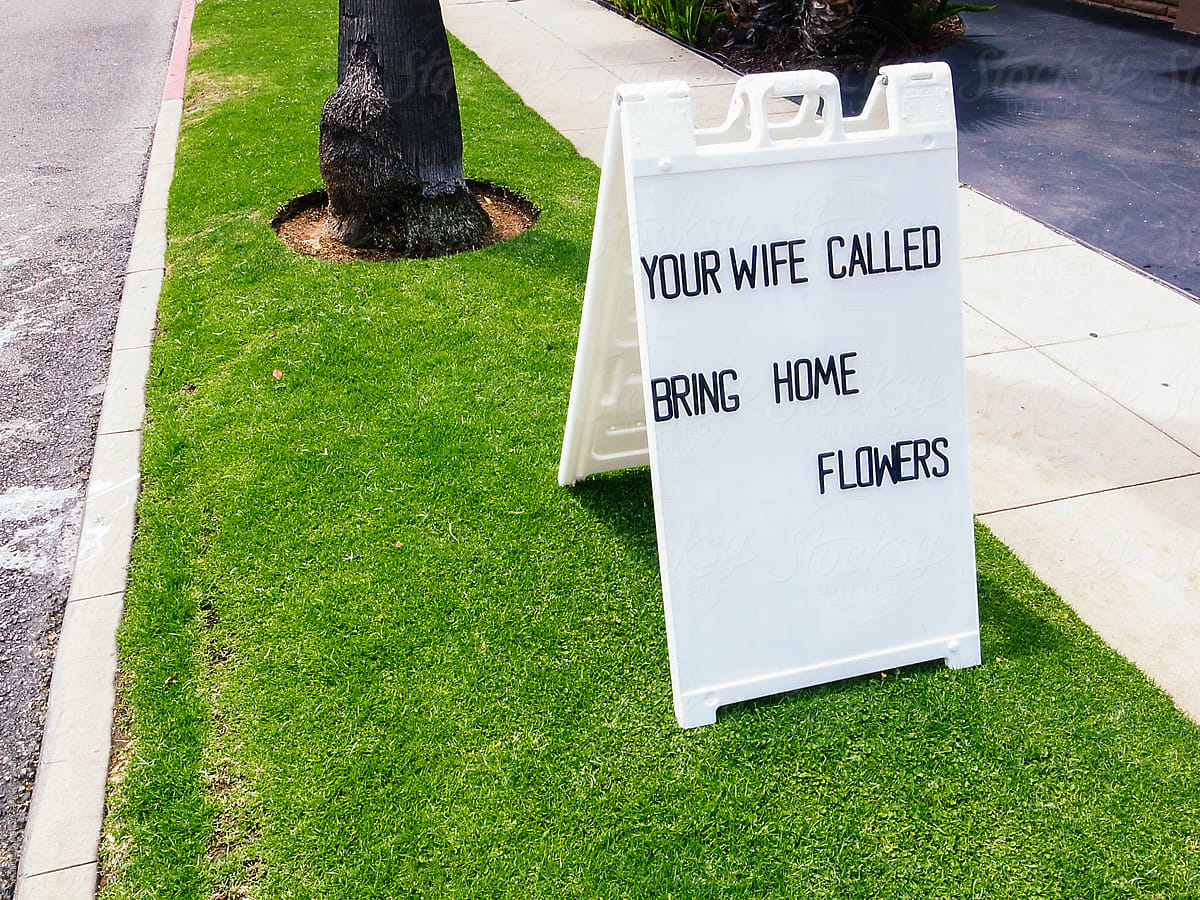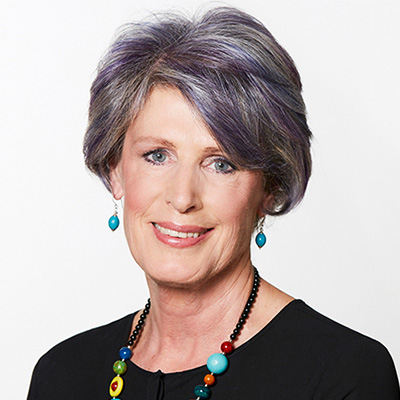I’m standing by for criticism as I write this.
We all know the value of separate advice for people in dispute and divorcing spouses, which generally fits the definition of ‘independent’. I’m talking about another definition of independent advice, and what my new definition might mean for clients.
When I am consulted for legal advice by a person who is separating or thinking about it, the conversation is about rights, obligations, fairness, expectations, financial discovery, children, wellbeing. Like all lawyers, I do my best to understand some of the back story, I avoid ‘quotes’ on outcomes in a first meeting, and I frame the conversation in the context of the law. One of the other things I am doing is to distinguish the legal and practical rights and obligations of the person in front of me from those of their partner, and I am seeing that individual on their own. In most other interpersonal disputes, I think I might act in the same way. That sounds like ‘independence’.
Over the years, I have come to question whether any of us is acting with independence in this situation. What I’m thinking about is not the legal definition of ‘independent’, but what ‘independent advice’ looks like to clients. That includes advice that is independent of the law.
I’m a lawyer, so why am I wondering about this? I wonder, because I think we are often not the right person to consult, and are in fact the wrong person, when we are speaking to one party to a dispute rather than both or all, and when we centre our conversation around ‘law’. This is arguably a bit mad for a lawyer, but our words can so easily poison the well of goodwill and future relationships for people who are connected, as well as for their children, extended family, friends and colleagues. For me, it is hard to work with a ‘do no more harm’ mindset and not to be increasingly aware of harms.
What to do? Contemporary lawyers understand the benefits of, and their obligations, to advise clients of dispute resolution options. Again, that is not what I am talking about when I think about designing truly independent conversations in client consults. I am thinking about looking objectively at who else, in addition to or instead of us, a client could be speaking to, and whether that should be separately or together. I’m thinking about reimagining interpersonal disputes, taking them outside the realm of the law for a deep look, and truly asking if our office is the place for a client to start or finish.
I am talking about pre-emption rather than dispute resolution. For clients, that includes conflict coaching, divorce coaching, personal reflection and development of insight, counselling, financial literacy, goal setting, self-esteem building, careers development, creative solutions for avoiding disputes or the escalation of disputes, and more. I’m thinking about life-enhancing ways for people to navigate out of tricky moments in life and business. I’m talking about designing for people, not designing for legal processes, in order for there to be a ‘case’. And just as importantly, pre-emption or ‘new law’ approaches require us to have higher levels of self-awareness, an understanding of our own conflict style, limits, triggers, our reasons for having been attracted to law in the first place, and how we can constructively use our life and professional experience for the best.


